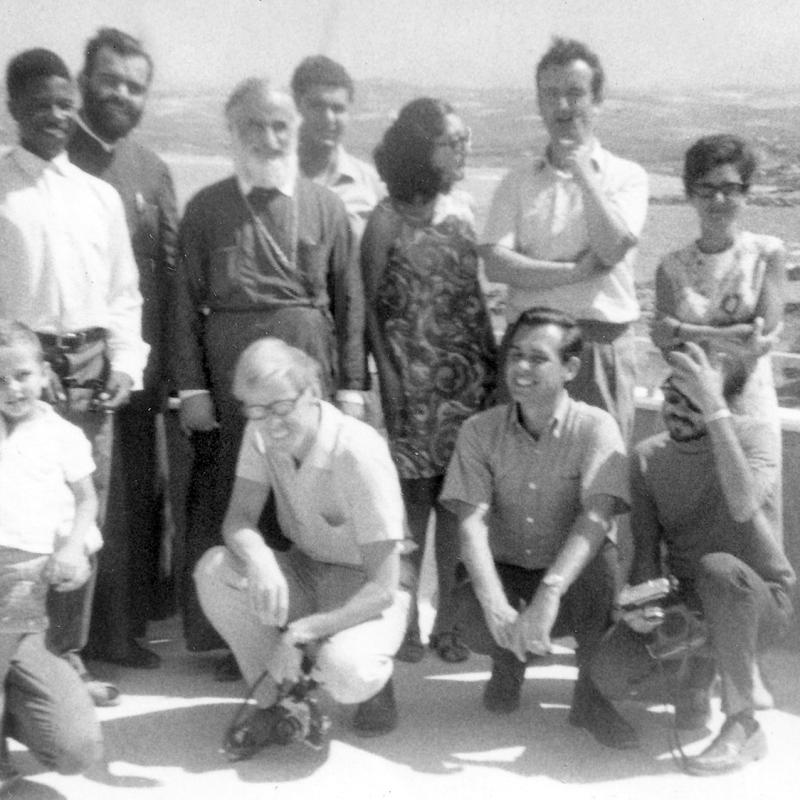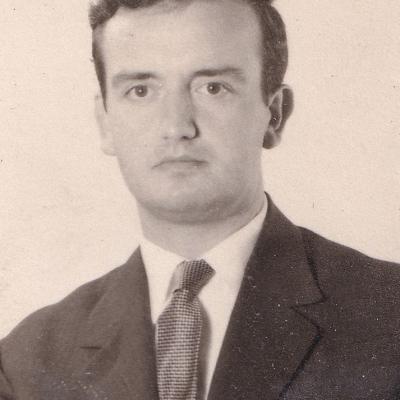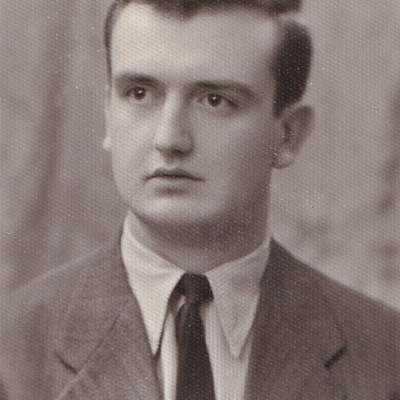In 1949, John Zizioulas, driven by a long-held aspiration to become a priest and a burgeoning ambition to be an academic, was admitted to the Theological School of the University of Thessaloniki. Excelling in his entrance exams, he secured the first rank among successful candidates. During his initial two years of theological studies there, Zizioulas nurtured his vocational dreams. Reflecting on this period, he remarked, “Since I was little, I had the desire to be a priest. But when I went to university and received a scholarship, my dream shifted towards becoming a university professor. Nonetheless, the childhood yearning for the priesthood never entirely left me. I believe that the Hand of God in human life is a profound mystery, guiding us to our destined path.”
Subsequently, Zizioulas transferred to Athens, continuing his theological studies at the School of Theology of the University of Athens, where his family had relocated. He graduated with a degree in theology, earning an “Excellent” grade in 1955. His time in Athens was marked by active participation in Christian youth work, Sunday school teaching, preaching, and student’s excursions, which fostered many friendships.
During his studies in Athens, John Zizioulas took on the role of editor for the student-oriented monthly periodical “Anastasis (Resurrection),” under the auspices of the Church of Greece. His contributions to this publication were notable, including a variety of articles. Among these, "O Monos Dromos" (The Only Path), published in 1954, holds the distinction of being the first article ever published by John Zizioulas.
In 1951, as the Church of Greece commemorated the nineteen hundredth anniversary of Apostle Paul’s arrival in Greece (50-1951), which included celebrations in Athens, Kavala, Mount Athos, Thessaloniki, Veria, Preveza, Crete, Rhodes, Corinth, Eleusis, and other locations visited by Apostle Paul during his missionary journeys in Greece. John Zizioulas compiled the participant list for the monograph published to commemorate this significant event.
Before completing his degree, Zizioulas studied for a semester at the University of Geneva's graduate department of ecumenical studies in Bossey, Switzerland, on a World Council of Churches scholarship. This opportunity allowed him his first exposure to the theology of other Christian confessions, facilitated by esteemed professors such as the German systematic theologian Peter Brunner and the Dutch religious theologian Hendrik Kraemer.
During his studies in Athens, Zizioulas resided at the “Apostoliki Diakonia” boarding school. He maintained a lifelong habit of daily scripture reading, keeping a separate book for his commentaries and reflections on biblical passages.
From his young days to the end of his life, he kept to his daily habit of reading a chapter from the Holy Scriptures. He had a separate book with his commentaries and reflections on the biblical pericopes.
Zizioulas’ decision to pursue theology in post-war Greece, a nation grappling with poverty and the aftermath of German occupation, which culminated in the Greek Civil War (one of the early conflicts of the Cold War), was marked by resilience. He recalls, “It was a life full of experiences that were a sign of change. The catastrophe caused by the war was terrible. In Thessaloniki, where I was a student, we had to buy fruits and vegetables for our meager diet at the boarding school. Despite the abundance and gluttony of today’s world, where no one is satisfied, those times taught us to be content with little.” His reflections on the recent economic crisis in Greece highlight the ethos of mutual support and sharing that he and his contemporaries practiced during those challenging times.





